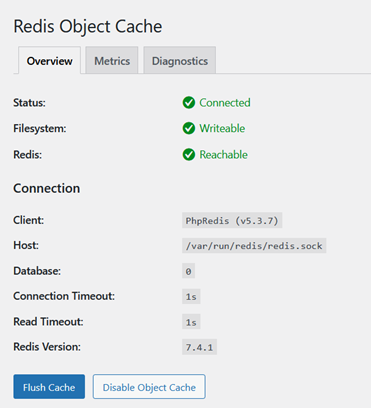Believe it or not the Bash shell does not come installed on the system. By default FreeBSD uses the sh shell (after the rewrite under the BSD license on 1989 of the original Bourne Shell found on UNIX, which had inherited the ‘sh’ name from the original’s Thomson shell), the C shell or the tcsh […]
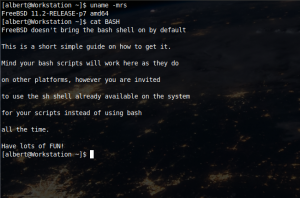
How to install the bash shell on FreeBSD
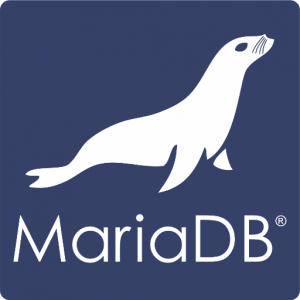
How to install MariaDB in FreeBSD
MariaDB is a derivative from the world-famous enterprise class MySQL database. The MySQL founder is Michael Widenius, also known as Monty. He created the project, it worked out for some time, it caught Sun’s attention and they bought it. Then Oracle bought Sun and knowing Larry everyone left running without looking what was left behind. […]
How to synchronize system and network time in FreeBSD
For several applications it is necessary to synchronize your server to the network time. The protocol is called Network Time Protocol (NTP) and is basically giving the correct time to the world nowadays. Reading the Wikipedia entry is very interesting. FreeBSD comes with the ntp client. To set this up you will just add the […]
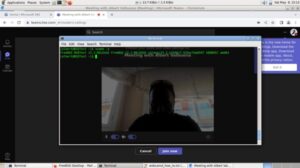
How to configure FreeBSD to use a webcam (version 12 and 13)
Introduction. Unlike many Linux distributions the FreeBSD operating system comes quite crude out of the box. What others will interpret as a disadvantage, with some knowledge on the system, others see the power to serve. Anyone willing to have a nice FreeBSD desktop experience with little effort, there are a couple of BSD-based distributions, like […]
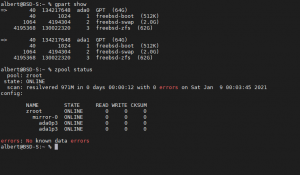
How to replace a disk on a ZFS mirror pool
It’s happened to me, it’s happened to you, it’s happened more than one million times and it will still happen in the future. You run out of disk space or a disk fails. Nowadays you are using ZFS, and instead of having a fancy RAIDZ, because you still don’t need it, you are using a […]
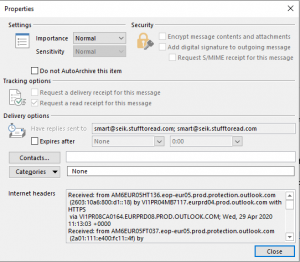
How to analyze suspicious email
Millions of emails are sent and received every day. Most of them are just junk. And many among those are potentially harmful. Phishing still is one of the most effective ways for malicious actors to penetrate into well secured networks. The weakest link, too often, is the human factor. Training can help mitigate this 24×7 […]
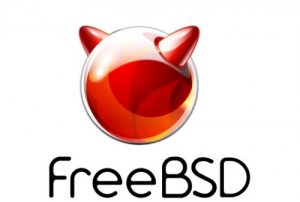
Why FreeBSD
In the following lines you will find a brief but sort of complete explanation about what is FreeBSD and why FreeBSD might be of your interest. If you are already a Mac or Linux user this could be more relevant for you than you would imagine. Enjoy. FreeBSD is an operating system, a unix-like operating […]

The root account
Users. What the hell you mean by “root”? Are you a Windows user? I bet you have the user account badly configured. By default Windows is installed under the Administrator account. And nobody bothers to change this and add a second account. That second account should be an underprivileged one. If you own the computer […]
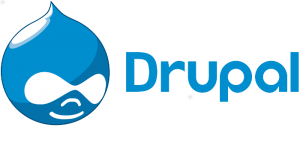
How to install Drupal 9 on FreeBSD 13.0
Drupal 7 is approaching its original EOL (End of Life) date (Nov. 2021) which has been extended to November 2022 due to COVID’s impact. Most companies are using Linux already and have their upgrade plans in the works or are thinking about them. This is a good time to switch platform and use Drupal 9 […]
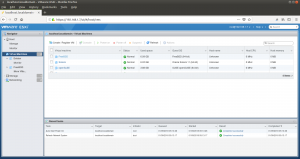
VMWare ESXi (One)
The VMWare ESXi is a hypervisor developed by the VMWare company and it is widely known and used in many environments and enterprises of all sorts. Nowadays it is the main component of a sort of a software suite. It is a type one hypervisor which means it runs directly on to the hardware controlling […]
